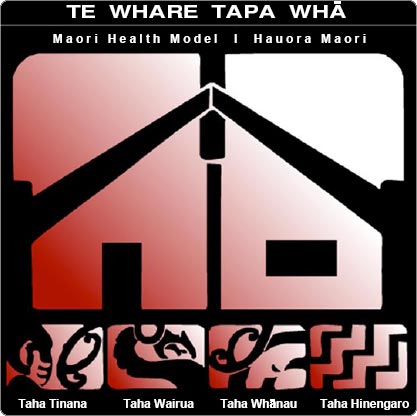More research and articles have been published recently on the importance for employers to develop policies to ensure the health and wellbeing of their staff.
Wellplace NZ have statistics, information and case studies on workplace health and wellbeing.
The World Health Organisation says:
“A healthy workplace is one in which workers and managers collaborate to use a continual improvement process to protect and promote the health, safety and well-being of workers and the sustainability of the workplace by considering the following, based on identified needs:
- health and safety concerns in the physical work environment
- health, safety and well-being concerns in the psychosocial work environment including organisation of work and workplace culture
- personal health resources in the workplace, and
- ways of participating in the community to improve the health of workers, their families and other members of the community.”
Shona McNeill, manager of Te Ara Korowai Wellbeing Centre in Kapiti shares how they apply the concept of the Te Whare Tapa Wha health model – a holistic framework, to supporting their clients and staff. Developed by Dr Mason Durie in 1982, it is underpinned by four dimensions representing the basic beliefs of life – te taha hinengaro (psychological health); te taha wairua (spiritual health); te taha tinana (physical health); and te taha whānau (family health). These four dimensions are represented by the four walls of a house. Each wall is necessary to the strength and symmetry of the building.
“We use Te Whare Tapa Wha model every three to six months as part of our staff meeting. We look at the four areas, pinpoint between 0 to 10 where they [staff] feel they’re at. We then ask, ‘what we can do to help?’ We try to work out if there’s any area that they would like to improve by even at least 0.5 and how we may be able to support them.”
In a workplace sense, looking into hauora is about employers or managers putting it upon themselves to ensure that they are supporting their staff achieve balance in all four dimensions of life.
Shona said, “It’s about understanding that staff are not just their jobs. They’re people and we are responsible to help them realise that they may be doing a particular role, but their personal skills and identity are equally as important as their expertise.”
She said it’s important for managers to take time get to know their staff to build a trusting relationship. Sometimes the obvious clues are there when staff are feeling unbalanced. She said it’s about paying attention, “listen in, look at their body language, hear from other people and then always check first… ask if the person wants help. Do not just go in and try to fix or rescue or give advice.”
For the organisation she says it’s important to provide hauora support. “Our workforce can make or break our organisation. Our biggest outgoing is wages, and from a purely objective point of view, you want to get the most out of your staff.”

